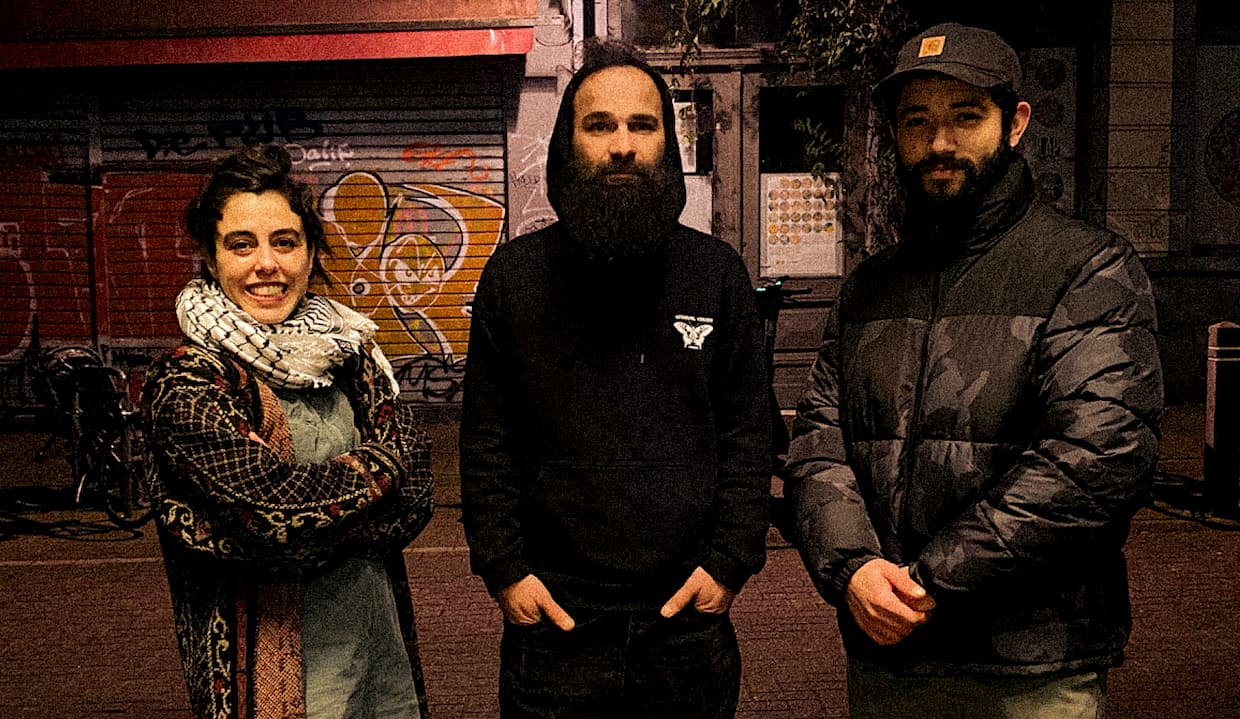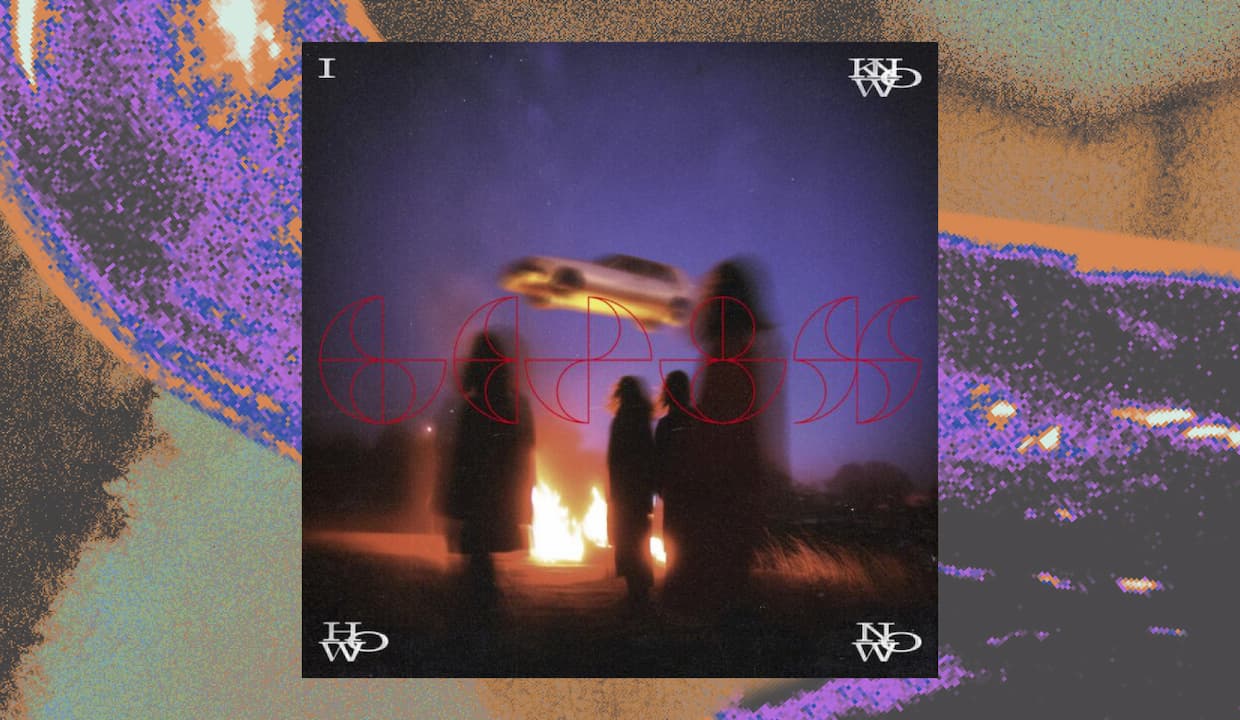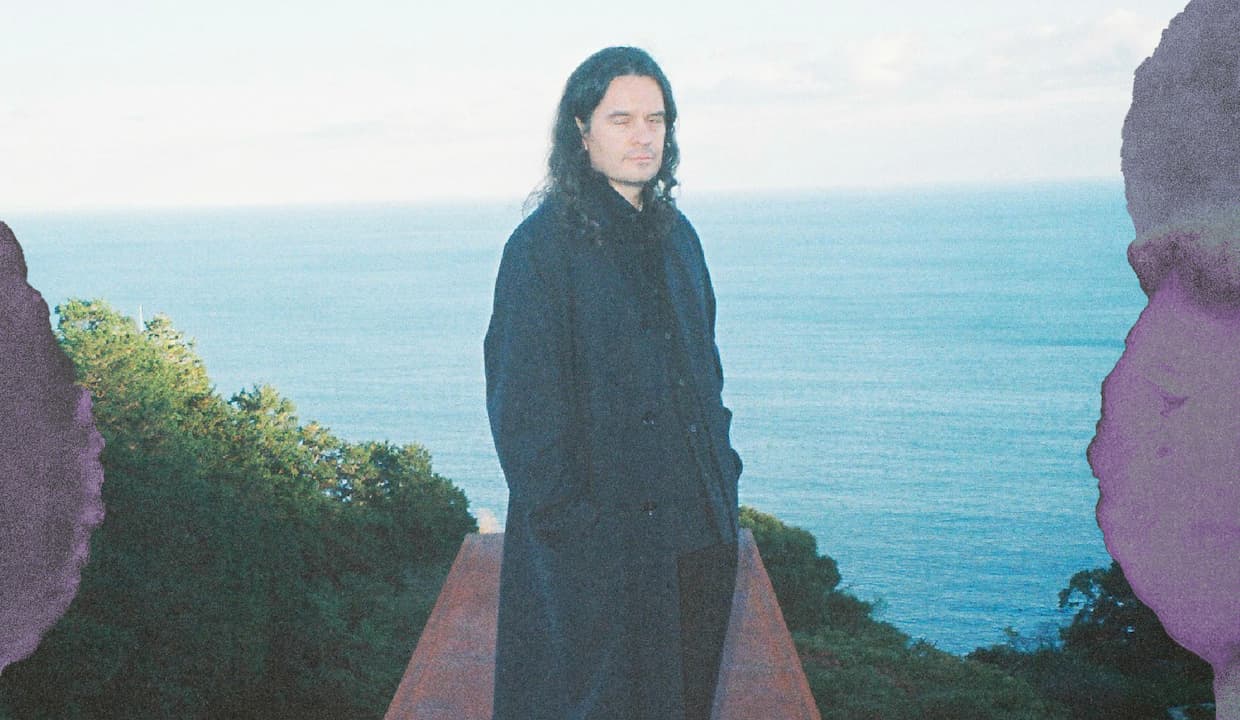The pioneers of hip-hop used their music to denounce social inequality and make it known to a broader audience. But as the genre became more commercial, the activism faded into the background. What is the situation today?
Is hip-hop still a force for social change? AB and KU Leuven try to answer this question together with a team of experts.
When the genre emerged 50 years ago, hip-hop and activism were closely knit. Hip-hop was the ideal outlet for artists to address issues such as racism, police brutality, poverty and inequality. Marginalised voices took up microphones, voicing sharp social criticism and hoping to inspire a new generation of activists and advocates.
Consider the track The Message by Grandmaster Flash & The Furious Five that highlighted the abject poverty in The Bronx in New York:
“Broken glass everywhere
People pissin' on the stairs, you know they just don't care
I can't take the smell, can't take the noise
Got no money to move out, I guess I got no choice”
The influence Public Enemy had on political debate in America in the late ‘80s and early ‘90s was huge as well.
As the genre became more mainstream, socially engaged hip-hop with activist lyrics went underground by necessity. From then on, hip-hop was mainly linked to values such as materialism, sexism and, in some cases, homophobia.
- There’s an impression that rappers today – after years of social and political activism – mainly talk about bitches, money and drugs. But is that so?
- Is it really true that hip-hop, since commercialisation, has become nothing more than superficial dance music?
- And does music become better or more meaningful when it is socially engaged?
- Hip-hop was born in a climate of protest and emancipation, but can it and should it therefore still ball its fists?
So many questions! Fortunately, we found a team of experts to join us in our search for answers. We start the evening with a keynote by the American rapper, poet, producer and activist Akua Naru. She is also the founder of international collective theKEEPERS, an online archive chronicling the cultural contributions of black women within hip-hop culture. This will be followed by a panel discussion moderated by hip-hop lover and comedian Soe Nsuki. Other members of the panel: LIONSTORM, FREDDIE KONINGS et Anneleen Masschelein.




